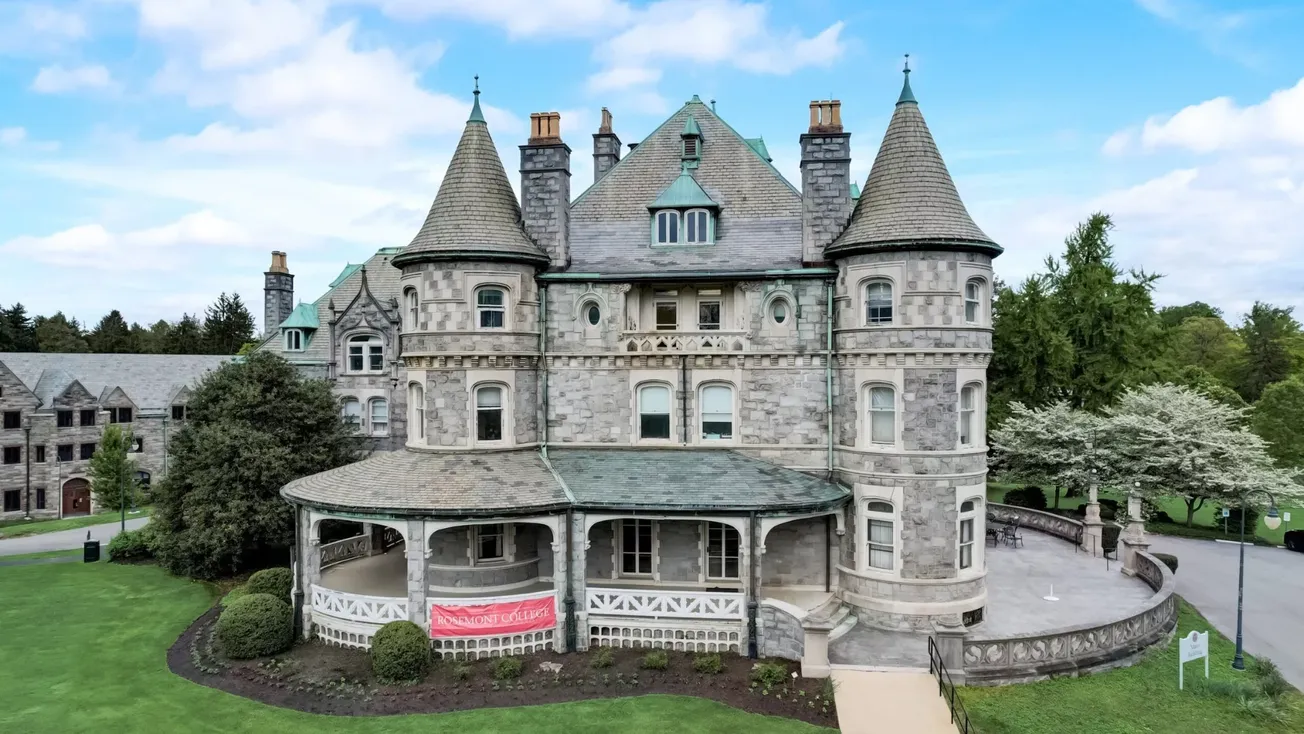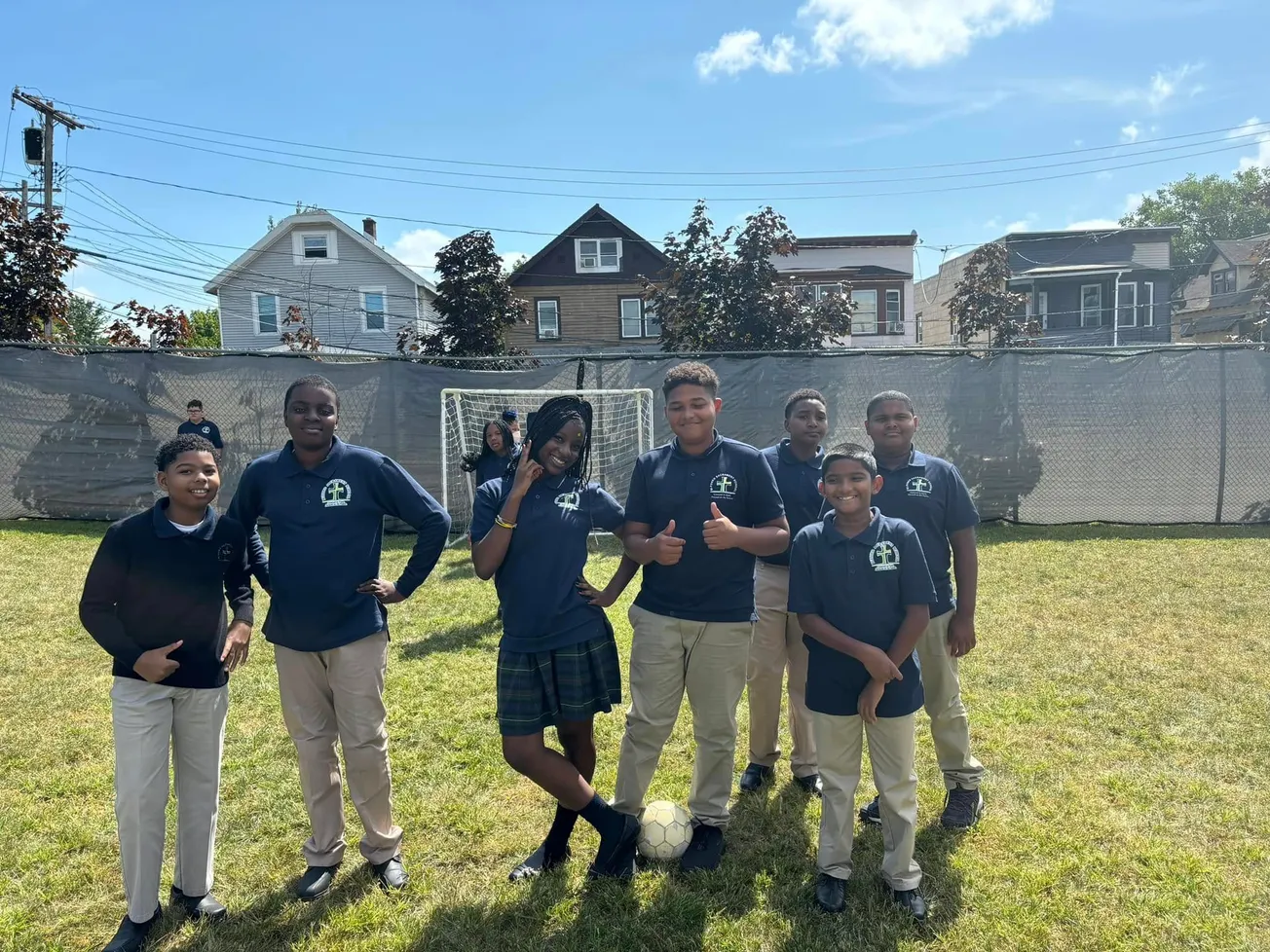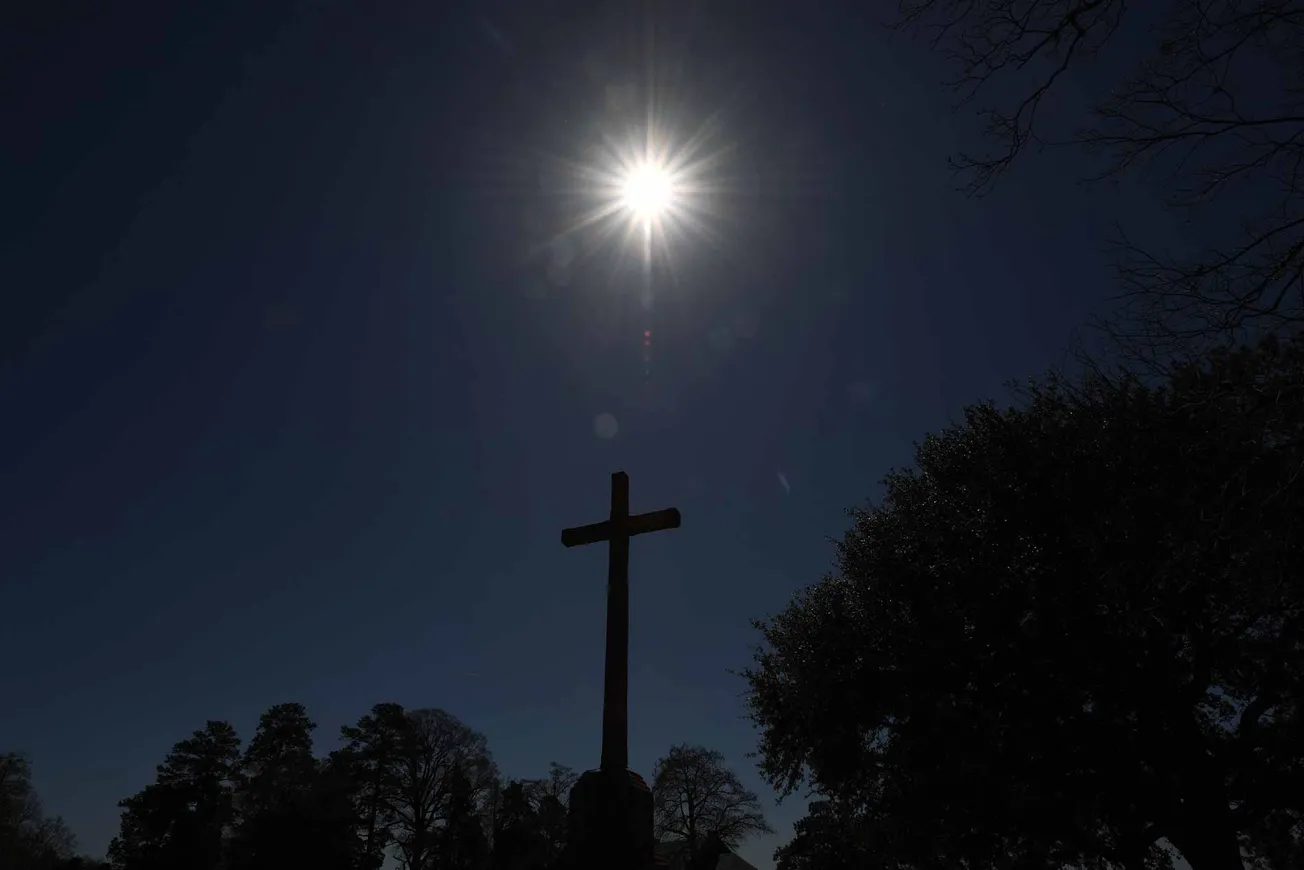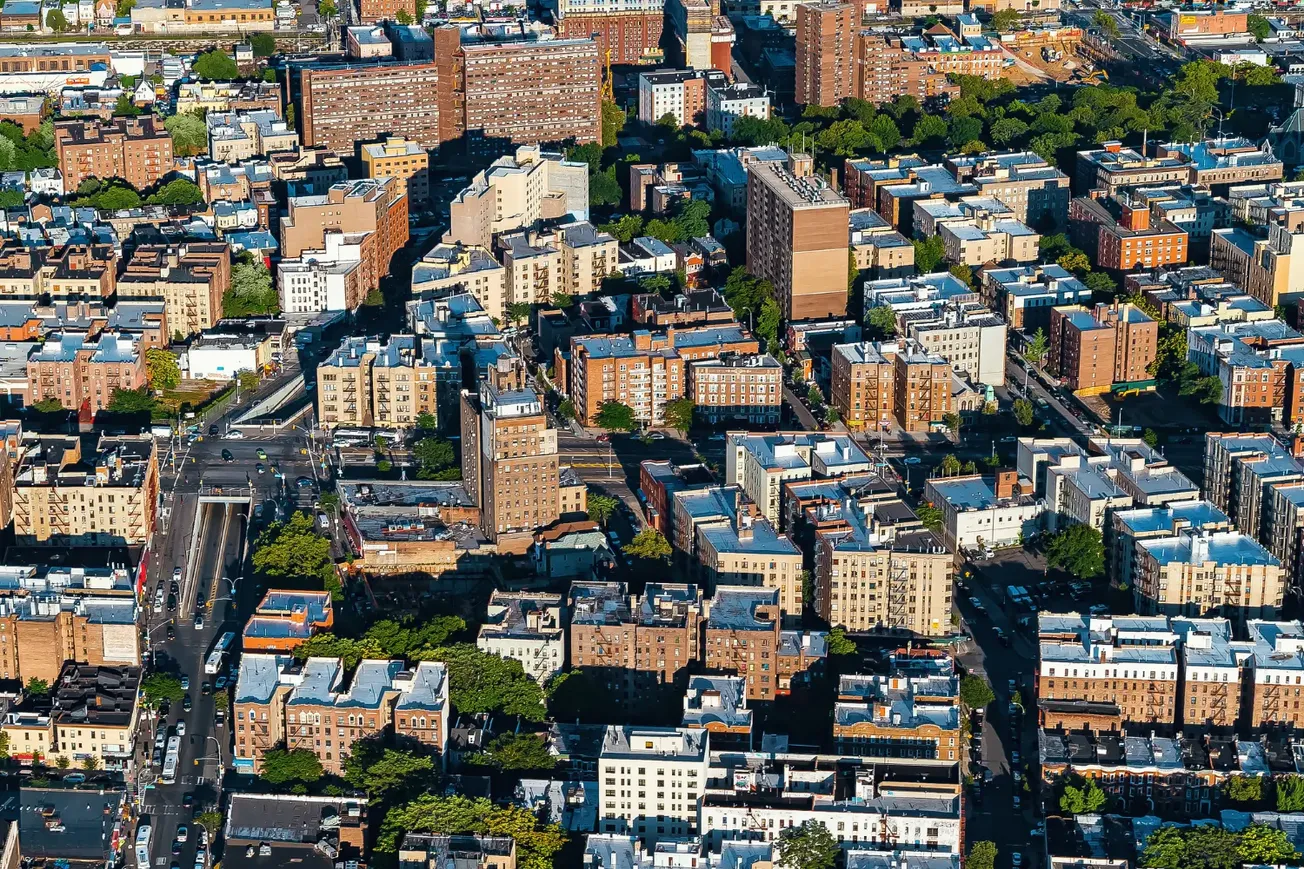The Archdiocese of New York has announced the closure of 12 Catholic schools in Manhattan, the Bronx, and Staten Island, several of which have significant Black student populations.
The news came in a press release on February 15, just over a week after the stateside celebration of Catholic Schools Week.
“It is never a good day when we announce closures to any of our beloved schools, but the goal is always to strengthen the remaining institutions and preserve Catholic education in New York for decades to come,” said Cardinal Timothy Dolan of New York.
“We are doing everything we can to minimize the impact this will have on families and will provide both educational guidance and pastoral support to all those affected to ensure all children will be warmly welcomed into a nearby Catholic school.”
“I personally mourn the loss of every one of our great schools. However, as we process this news, we must resolve that the great tradition of Catholic education in New York will continue.” https://t.co/SdJflkQkjX
— The Good Newsroom (@thegnewsroom) February 15, 2023
The archdiocese cited “shifting demographics and lower enrollment” as the cause for the closures, as well as the COVID-19 pandemic, though details were not provided on the demographics in question.
“The impact to the financial stability of these schools was detrimental,” the release reads.
Of the twelve schools closing permanently at the end of the 2022-23 academic year, six are in the Bronx, including one of the borough’s two Immaculate Conception Schools, which is estimated to be 72% Black. Five schools will close in Manhattan, all but one of which have estimated Black student populations between 13 and 29%.
One week before the archdiocese announced the closures, the New York State Catholic Conference—the lobbying arm of the state’s bishops—publicly criticized Governor Kathy Hochul’s new plan to lift charter school caps in New York City, which they said does not have backing from Catholic and independent school parents.
The change is said to be detrimental to the Catholic school landscape in the Archdiocese of New York and the Diocese of Brooklyn, two of the largest Catholic jurisdictions in the US. They also have the highest total populations of Black Catholics.
“The reality is that the proposal would supplant educational options rather than supplement them,” said NYSCC education director James D. Cultrara while testifying during a joint legislative budget hearing on February 8.
“As lawmakers in two-thirds of the country have done, we urge you to empower all families, especially low-income and working-class families, to select the public, charter, or private school best suited for their children.”
With additional funding from the state in limbo at best, some onlookers have criticized the archdiocese for not capitalizing on more innovative models to save inner-city Catholic schools.
The Manhattan Institute, a conservative American think tank in New York City, is one such group, having published a report in 2019 noting the importance of Catholic schools during the crisis of public education in low-income communities during the late 20th century. The resulting shift to parochial education was a major contributor to growth in the Black Catholic community.
Now, as more Black and inner-city Catholic schools close every year, the call for change remains constant.
“It was not enough for Catholic schools to light that spark and then exit the stage… Any Catholic school renewal will require diocesan offices to write a new job description for themselves. Counting heads and consolidating students into traditional parish schools is not working,” wrote the Manhattan Institute’s Ray Domanico on Tuesday—citing groups like Partnership Schools, which runs a network of independent (and often majority-Black) Catholic schools in New York City and elsewhere.
“One can only hope that before closing these 14 schools—and before shuttering any more schools—the archdiocese has worked to identify a new generation of supporters ready to join them in this battle.”
The Archdiocese of New York remains optimistic about its prospects.
“I personally mourn the loss of every one of our great schools,” said Michael Deegan, superintendent of schools.
“However, as we process this news, we must resolve that the great tradition of Catholic education in New York will continue, and we will assist all students who are seeking to carry on their Catholic education to find a seat at another excellent school in the Archdiocese.”
Nate Tinner-Williams is co-founder and editor of Black Catholic Messenger and a seminarian with the Josephites.











